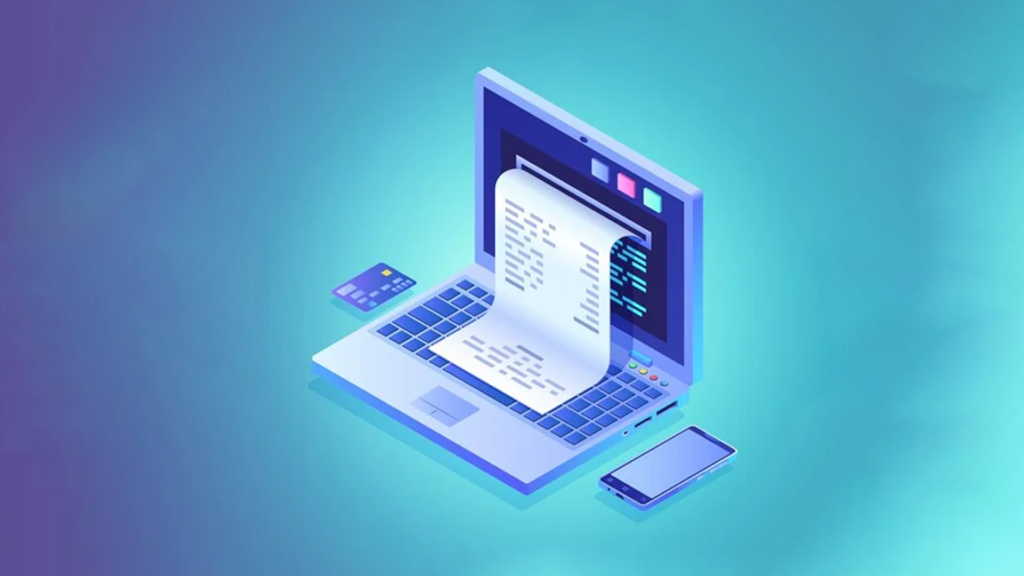If you’re considering implementing Accounts Payable (AP) automation in your business, you must be thinking, “How much does AP automation cost?” The answer to this question is more complex than you might hope because every company and organization is unique. However, we can provide some insights into the factors contributing to the overall cost and help you understand why AP automation is an investment rather than an expense.
In this comprehensive guide, we will discuss recurring costs, one-time costs, and additional factors that impact the cost of AP automation. We will also explore the potential return on investment (ROI) you can expect from implementing AP automation in your business. This article aims to help you discover how much AP automation will cost you, the factors contributing to its pricing, and how to gauge if it’s an investment rather than an expense.
Table of Contents
- Recurring CostsÂ
- Volume of Invoice Automation
- Payment Automation Choices
- One-Time CostsÂ
- AP Automation Functionality
- ERP or Accounting System Integration
- Total Cost of AP Automation
- AP Automation as an Investment
Recurring Costs
Without further ado, let’s begin with the recurring costs that vary depending on the volume of invoice automation and the payment automation choices.
Volume of Invoice Automation
The primary factor that impacts your recurring AP automation cost is the monthly invoices you process. Generally, the best return on investment for AP automation starts at around 250 monthly or 3,000 invoices annually.
The cost per automated invoice typically falls between $1 and $2, with the price per invoice decreasing as your volume increases.
Payment Automation Choices
Another recurring cost of AP automation is the cost of your payment automation method. You can choose from various options like e-checks, ACH, wire transfers, or virtual credit card payments. The most cost-effective option is virtual credit cards, which can earn you 1% back on every invoice you pay using VCCs.
ACH, e-checks, and wire transfers are the following most affordable options in that order. While manually cutting a check can add an extra 5-7 days for delivery and posting, ACH and e-check automated payment options cost a fraction of that.
We recommend paying as many invoices as possible with virtual credit cards for their security and cashback benefits. For vendors who won’t accept virtual credit cards, use the affordable ACH option as a backup form of payment and automated outsourced paper checks for vendors who only accept old-school payments. Use automated wire transfers for large invoice amounts.
One-Time Costs
In addition to the low cost-per-invoice for automating your AP, there’s a one-time flat installation fee. This fee covers AP automation functionality configuration, setup, and ERP or accounting system integration.
AP Automation Functionality
The exact cost of your AP automation installation fee depends on the desired functionality. For example, the base package of a cloud-based AP automation solution may have a flat implementation fee of under $7,000. In comparison, each additional functional requirement can add $1,000 to $4,000 to the installation fee.
The total flat implementation cost for comprehensive AP automation functionality is in the high $20k range.
ERP or Accounting System Integration
The cost of integrating your ERP or accounting system with AP automation depends on the complexity of the integration. While some integrations may cost as little as $1,000, more complex integrations can run as high as $10,000.
Regardless of the integration cost, you will always have the protection of a flat fee rather than a time and materials contract, which means the risk of a successful implementation is on the automation provider, not your business.
Total Cost of AP Automation
To get a precise estimate of the cost of AP automation for your company, you could request a demo or consultation with an automation provider. They can provide a tailored cost estimate based on your requirements and existing systems.
In general, smaller and more basic AP automation solutions can have one-time fees under $5,000 and recurring annual costs under $7,000. Larger volumes of invoices and additional functionality can increase these costs, but they are often less than a single AP specialist’s yearly salary.
AP Automation as an Investment
While there is a cost to implementing AP automation, viewing it as an investment rather than an expense is essential. Over time, the money you invest in AP automation will pay for itself through increased efficiency, reduced staffing costs, and potential cashback earnings from virtual credit card payments.
Automating your AP department can significantly increase efficiency, allowing your staff to focus on more value-added tasks instead of manual invoice processing.
In conclusion, the cost of AP automation depends on various factors, such as invoice volume, desired functionality, and the complexity of your ERP or accounting system integration. While there is a cost involved, it’s essential to view AP automation as an investment that can provide significant ROI in the form of increased efficiency, reduced staffing costs, and potential cashback earnings. By carefully considering your specific requirements and consulting with AP automation providers, you can find a solution that fits your budget and helps your business address its most prominent AP pain points.Â
About Zapro
With Zapro, you get a powerful toolkit to streamline your Procure to Pay processes. Our features include Automated Procurement, AP Automation, Sourcing, Contracts, Travel and expense Management, Integrations, Compliance, Reports and analytics, Support offerings, and Data Insights. We simplify operations, boost efficiency, ensure compliance, provide valuable analytics, and offer comprehensive support, empowering your business to achieve the best procurement outcomes.Â
